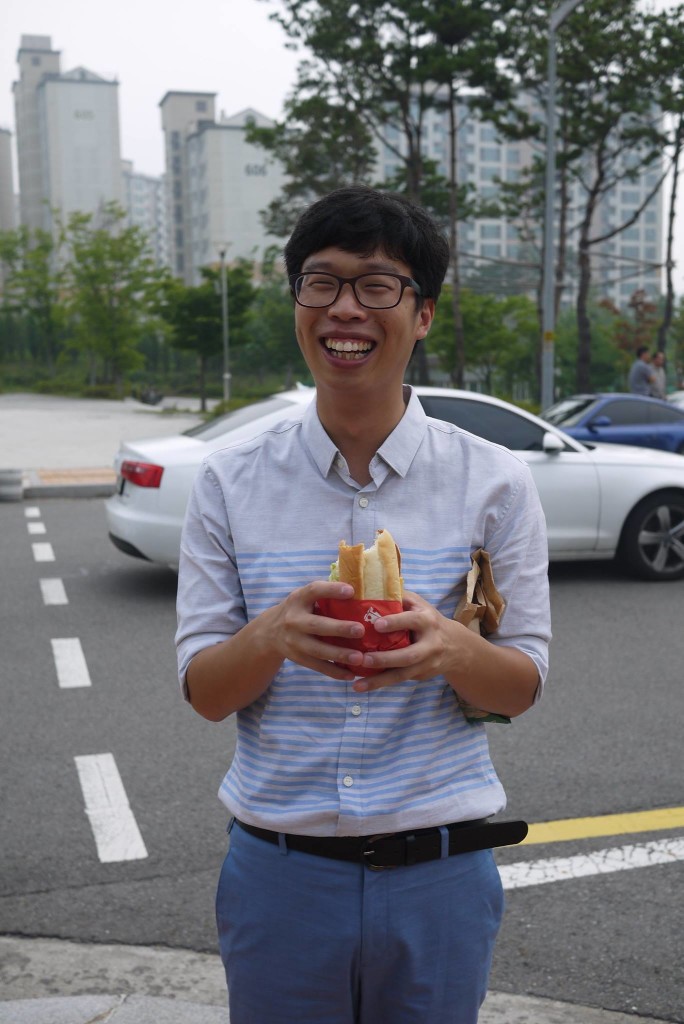
It was Tuesday, December 31, the last day of the year 2019, when Sangmin Lee called me with excitement to report news of his amnesty. Early in 2014 Lee was sentenced to 18 months in prison for refusing, on the basis of his faith, to complete his mandatory military service. Although Lee was freed on July 30, 2015, after serving 15 months of his sentence, his criminal record for refusing to participate in military service made it impossible for him to find employment at many businesses and in government-related offices.
Although I heard the news about special pardons for 5,174 people at the end of the year, I did not imagine that he would be one of the 1,879 conscientious objectors (COs) who received a special pardon this time. 1,879 out of 5,174 made COs one of the biggest groups in the list of special pardons in Korea. This decision was made based on court rulings in 2018 that acknowledge the decades-long yearning and repeated requests by COs’ for alternative military service.
On Friday, December 27th, 2019, the National Assembly of the Republic of Korea finally passed a bill allowing COs to do 36 months of alternative service. At this point, the compulsory military service in ROK typically requires all young men to serve from 21 months (Army) to 23 or 24 months (Navy or Air Force). If you do not apply to Navy or Air Force, then you will serve in the Army.
Now, at least, we have an alternative service for COs in ROK. However, this option still seems closer to punishment than a real alternative. In December 2019, the defense ministry (not the ministry of justice) announced a revised bill. In this bill, COs will alternatively serve for 36 months at correctional facilities. They have to stay inside correctional facilities, are not allowed to commute, and the defense ministry will supervise them. Sangmin (like other COs) served his time in prison as a prisoner for his faith and conscientious. What is the difference between his prison sentence and “36 months at correctional facilities,” besides a longer serving term?
I am so glad that Sangmin has been included among the more than 1,800 people finally restored their full legal status in Korean society. However, sadly, we now must prepare a bigger prison for the longer sentences imposed on prisoners of conscientious. Who will give them real amnesty or special pardon?
-Kim, SeongHan (MCC Northeast Asia Peace Educator)